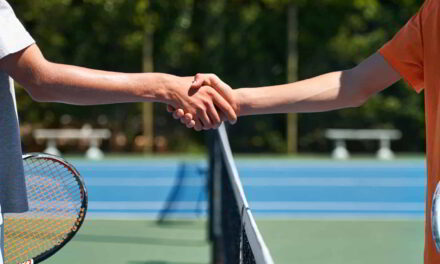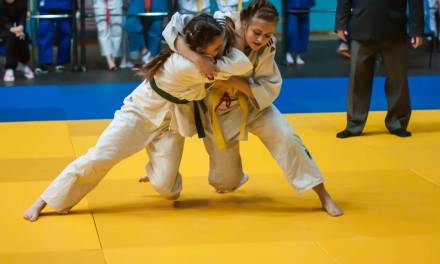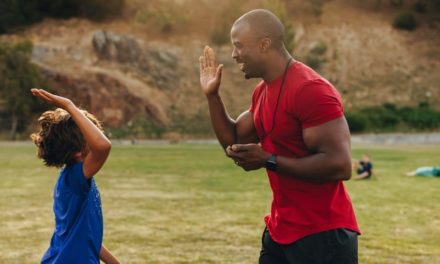Physical Education (PE) is more than just learning how to throw a ball or run fast. It’s a crucial space for students to develop essential life skills, including teamwork, communication, resilience, and above all, sportsmanship. Good sportsmanship fosters a positive and inclusive environment where everyone feels valued and motivated to participate, learn, and grow. Let’s delve into how we can promote and nurture positive behaviour in PE classes.
Understanding Sportsmanship
At its core, sportsmanship is about respecting the rules of the game, your opponents, your teammates, and yourself. It’s about playing fair, winning with humility, and losing with grace. It’s about encouraging others, celebrating their successes, and learning from your mistakes.
Why is it important?
- Creates a positive learning environment: When students feel safe and respected, they’re more likely to engage in activities, take risks, and try their best.
- Enhances social and emotional development: Sportsmanship teaches valuable lessons about empathy, cooperation, and self-control.
- Promotes lifelong physical activity: A positive experience in PE can spark a love for movement and sports that lasts a lifetime.
Strategies for Fostering Sportsmanship in PE
- Set Clear Expectations: Establish clear rules and expectations for behaviour at the beginning of the year. Discuss what sportsmanship looks like in action, and reinforce these expectations regularly.
- Model Positive Behaviour: As a teacher, your actions speak louder than words. Demonstrate respect, fairness, and enthusiasm in your interactions with students.
- Teach Conflict Resolution: Equip students with strategies for resolving conflicts peacefully and respectfully. Encourage open communication and problem-solving.
- Celebrate Effort and Improvement: Focus on recognising effort and progress, not just winning. Encourage students to set personal goals and celebrate their achievements, big or small.
- Incorporate Cooperative Games: Include games and activities that promote teamwork, communication, and cooperation.
- Reflect and Discuss: After games or activities, take time to reflect on how sportsmanship was demonstrated (or not). Encourage students to share their experiences and perspectives.
Conclusion
Instilling good sportsmanship in PE isn’t just about creating better athletes; it’s about shaping better people. By creating a positive and inclusive environment, we empower students to develop essential life skills that will benefit them far beyond the gym or playing field. Let’s champion sportsmanship in PE and inspire the next generation to embrace the values of respect, fairness, and teamwork.
Looking for inspiration to boost your PE lessons?
Check out PE Office! We offer a wealth of engaging lesson plans, schemes of work, and resources designed to spark enthusiasm and skill development in your students. From innovative games and activities to comprehensive curriculum planning, PE Office is your one-stop shop for creating a dynamic and successful PE program. Call 01909 776900 or send an email to mail@peoffice.co.uk for more information.










